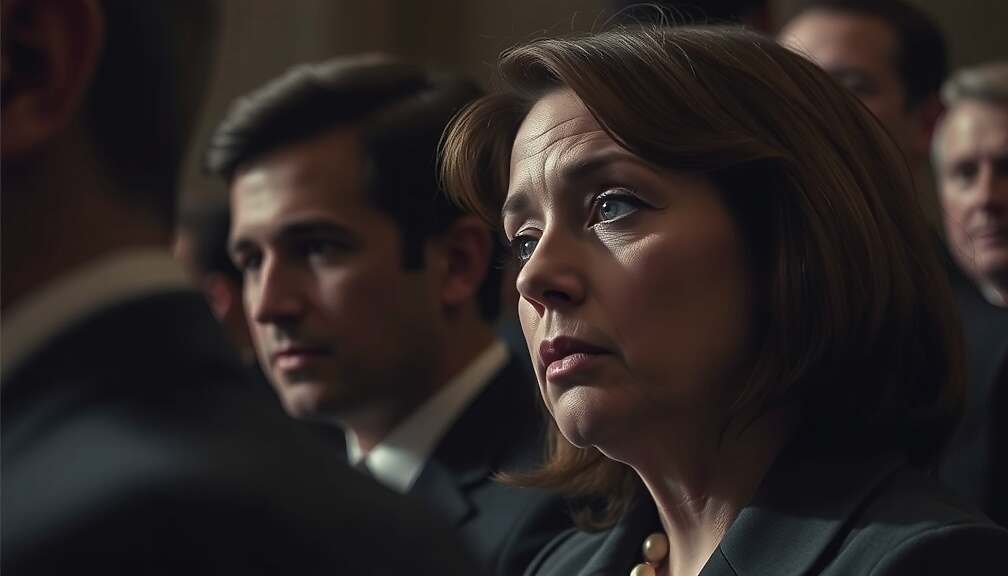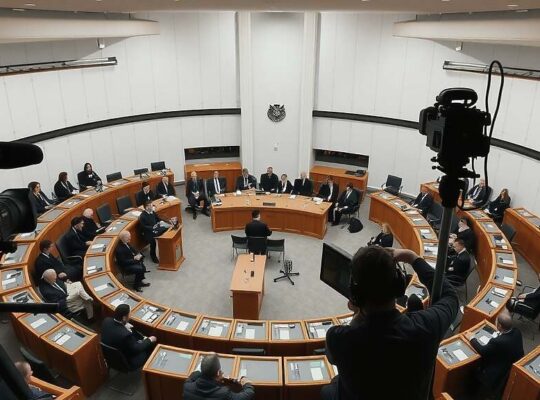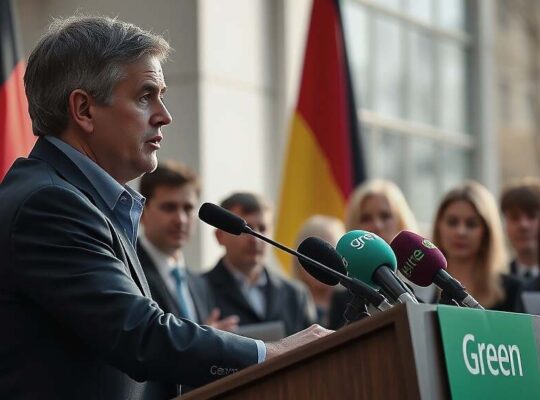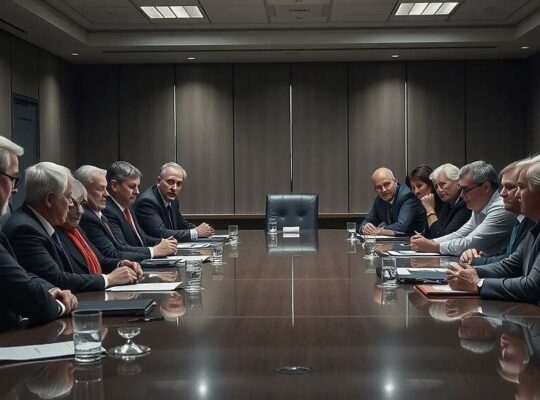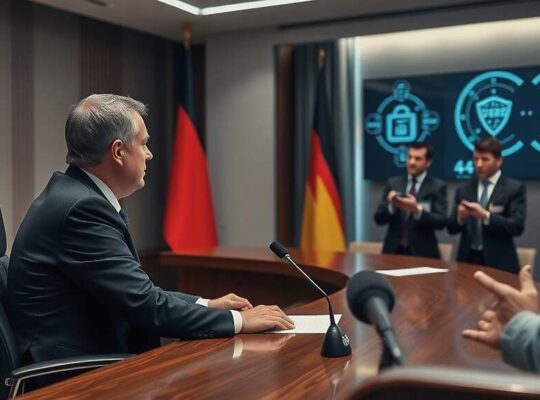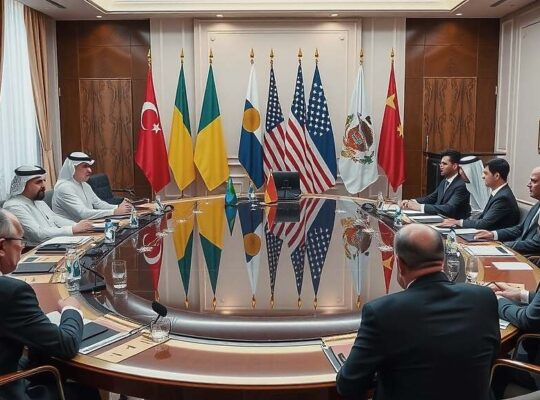The Bavarian Minister-President Markus Söder has launched a sharp critique of the German federal government, urging a cessation of internal political squabbles and a significant acceleration of reform initiatives. In an interview with “Bild am Sonntag”, Söder stressed the need for the ruling coalition to transcend partisan considerations, arguing that tactical political gains should be secondary to addressing the nation’s core needs. “A coalition cannot remain bogged down in party thinking” he stated, emphasizing the primacy of national interests over party agendas.
Söder’s call for unity comes amidst growing discontent with the government’s handling of several key policy areas. He specifically lamented a perceived disconnect between the government’s priorities and the concerns of the German populace. “Politics must once again orient itself to the middle of society – to what truly moves the population” he asserted, questioning the value of academic debate against the backdrop of tangible societal needs. He advocated for pragmatic solutions reflecting a sense of fairness, suggesting that the government had lost touch with the everyday anxieties of citizens.
The contentious Gebäudeenergiegesetz (GEG), or Building Energy Act, remains a significant flashpoint. Söder has reaffirmed the CSU’s demand for its abolishment, labeling it “excessive and wrong from the beginning”. He characterized the legislation as a symbol of the Green Party’s patronizing and prohibitive policies, accusing it of fueling public uncertainty and mistrust. The debate over the heating law has become a proxy for broader anxieties about government overreach and its impact on household finances.
Beyond energy policy, Söder’s remarks addressed the issue of financial support for Ukrainian refugees. Reiterating a commitment enshrined in the coalition agreement, he insisted on the planned cessation of Bürgergeld (basic income) payments for newly arrived Ukrainians. This position is likely to further inflame tensions within the coalition, with the left-leaning parties vocally opposed to restricting aid for vulnerable populations. Critics will argue that Söder’s stance exploits humanitarian concerns for political gain.
Finally, Söder underscored the urgency of economic reform, demanding “Tempo, Tempo, Tempo” to revitalize Germany’s faltering economy. He called for significant reductions in bureaucratic hurdles and a renewed emphasis on fostering trust within the business sector. While acknowledging the need for structural changes, observers question whether Söder’s simplistic calls for deregulation will suffice to address the complex challenges facing the German economy. Söder’s intervention signals a deepening rift within the governing alliance and foreshadows a period of heightened political maneuvering.


